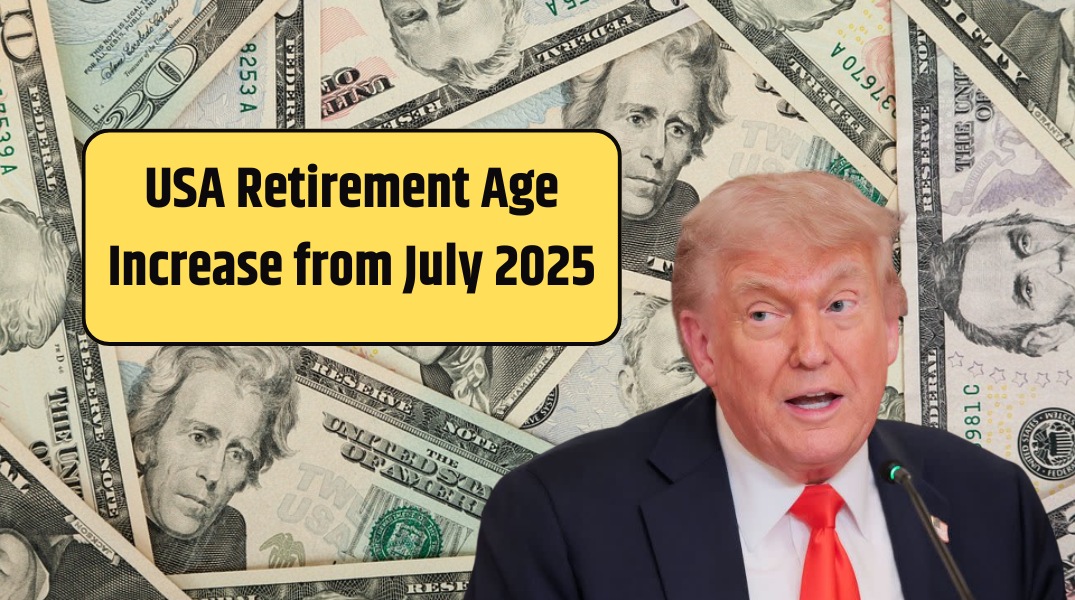Florida homeowners could soon receive rebate checks averaging $1,000 if a new proposal by Governor Ron DeSantis gains legislative approval. The plan, introduced in late March 2025, aims to provide immediate financial relief ahead of a broader push to radically alter how property taxes function in the Sunshine State.
💸 Rebates Could Arrive by December 2025
The proposed measure seeks to distribute the rebates by December 2025, offering a tangible discount on property taxes for millions of residents. According to the governor’s office, approximately 5.1 million homesteaded properties across the state could benefit.
Also Read – Fact check: Will there be a $1,700 stimulus payment in July 2025?
The plan is part of a larger legislative push to overhaul the state’s tax system — including a bold initiative that would ultimately eliminate property taxes altogether.
“Property taxes effectively require homeowners to pay rent to the government,” DeSantis said. “We need to give Floridians meaningful relief now. This rebate is a first step.”
What the Proposal Includes
-
$1,000 rebate checks on average for Florida homeowners with homestead exemptions
-
A new $500,000 homestead exemption to reduce taxable property value
-
A 15% cap on how much a property’s assessed value can increase annually
-
A long-term goal of eliminating property taxes entirely
What’s at Stake?
While the proposal is generating enthusiasm among homeowners, it has also sparked serious debate about the potential consequences.
The Florida Policy Institute warns that property taxes currently fund vital services, generating an estimated $55 billion annually. These taxes account for:
-
18% of county budgets
-
17% of municipal funding
-
Up to 60% of funding for public education
Critics argue that eliminating property taxes could force the state to compensate by raising the sales tax from 6% to as high as 12%, a move that could shift more of the tax burden onto renters and low-income households.
What’s Next?
Any permanent elimination of property taxes would require voter approval in 2026 through a constitutional amendment. In the meantime, Governor DeSantis is urging lawmakers to authorize the $1,000 rebate program during the current legislative session.
“Let’s get this done for the people of Florida this session,” DeSantis urged in a recent statement.
Also Read – U.S. Retirement Age May Rise to 69 Under New Proposal
Real Estate Industry Reaction
Real estate professionals are cautiously optimistic. Budge Huskey, CEO of Premier Sotheby’s International Realty, emphasized the importance of maintaining Florida’s business-friendly appeal, but also stressed the need for fiscal responsibility.
“We’ve built a lifestyle and economic model that works,” said Huskey. “But any major tax shift needs to be grounded in financial reality.”
FAQs:
Q1: Who qualifies for the $1,000 rebate?
Florida homeowners who qualify for a homestead exemption are eligible. This typically includes those who use the property as their primary residence.
Q2: When will the rebates be distributed?
If approved, the state aims to mail checks by December 2025.
Q3: Is this a one-time rebate or recurring?
Currently, the rebate is proposed as a one-time relief measure. Ongoing property tax reform may bring additional changes.
Q4: Will public services be impacted by the rebate?
Not directly. However, if the long-term goal of eliminating property taxes moves forward, there could be major funding implications for schools, emergency services, and local governments.
Also Read – $2000 Child Stimulus in 2025: Who Qualifies & When It Arrives
Q5: How is this different from other states?
If property taxes are fully eliminated, Florida would become the only U.S. state with no state income tax and no property tax — an unprecedented move with national implications.
Final Thoughts
While a $1,000 rebate sounds like a welcome windfall, the broader tax policy debate in Florida is just beginning. Supporters view it as a much-needed break for homeowners amid rising housing costs, while critics warn that essential public services could suffer if alternate funding isn’t secured.
Florida voters will ultimately have the final say in 2026, but this year’s legislative session could determine whether the first round of rebates gets off the ground.












